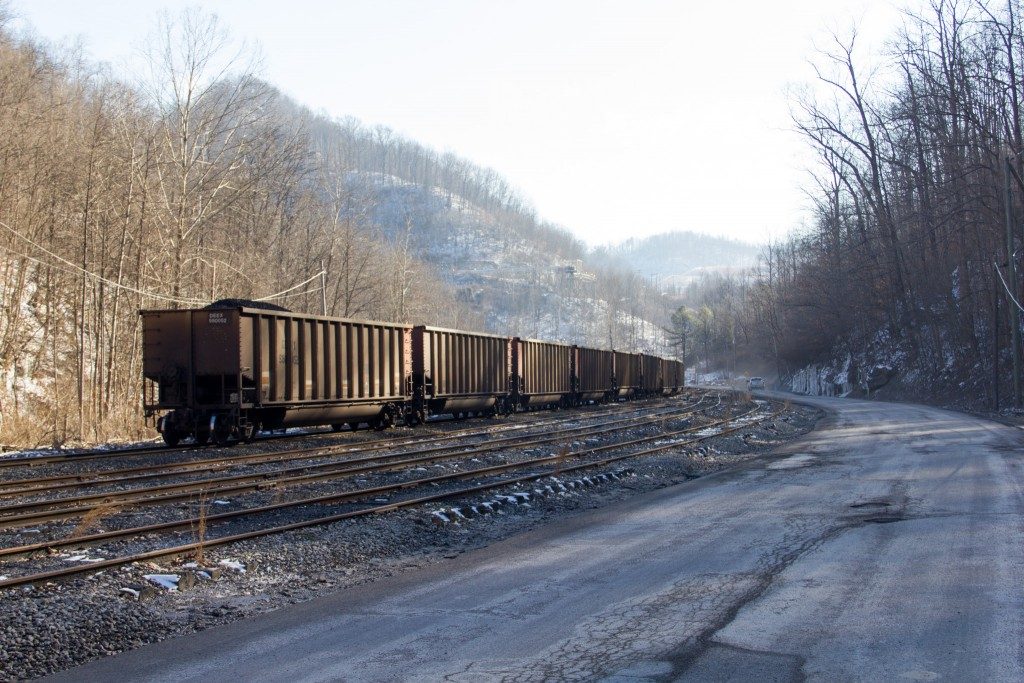Posts Tagged ‘appalachia’
Student leaders support the POWER+ Plan
Yesterday, a group of student leaders in eastern Kentucky took a commendable step in support of Central Appalachia’s youth and economic future. By a unanimous vote, the Appalachian Renaissance Initiative Student Senate passed a resolution of support for the Obama administration’s POWER+ Plan.
Read MoreI heard it through the pipeline
From Virginia Gov. Terry McAuliffe’s perspective, it’s probably best to just keep a lid on what state officials say publicly about controversial natural gas pipelines proposed to cut through the state. But among opponents of the pipelines, the administration’s actions are only deepening skepticism of the governor and his relationship with the projects’ primary backers.
Read MoreGov. McCrory signs “Polluter Protection Act”
Late last Friday afternoon, North Carolina Gov. Pat McCrory signed into law H765, the “Regulatory Reform Act of 2015.” This massive reform bill should be called “The Polluter Protection Act” with its plethora of anti-environmental provisions, rollbacks and giveaways to industry. So, just how bad is this bill?
Read MoreUnderstanding the Stream Protection Rule
While the draft Stream Protection Rule is far from perfect, it is a long overdue update to protections for surface and groundwater from mountaintop removal coal mining. Not surprisingly, the coal industry had relied on “war on coal” talking points to fight against the rule, and claims these protections are unnecessary and will undermine an otherwise viable industry. Let’s examine those claims.
Read MoreFollow the leader: A Tennessee electric co-op moves forward
As one rural electric cooperative in Appalachia expands clean energy and technology, other utilities in the region can learn from its example of leadership. Appalachian Electric Cooperative is launching a community solar program, conducting a feasibility study for fiber optic internet and leading the way forward for rural energy efficiency programs in Tennessee.
Read MoreWhite House POWER Initiative grants awarded
Efforts to increase employment, and develop and diversify the economies of historically coal-reliant communities just received a major boost. Earlier today, the White House announced $14.5 million in grant awards to organizations and projects occurring across 12 states. A majority of the three dozen awards, and most of the grant dollars, are going to plan or implement projects in Central Appalachia.
Read MoreAppalachian Millennials and social media in Wyoming County
Guest Contributor Donald Welch: The Rural Appalachian Improvement League encourages plenty of groups to visit the Mullens, W.Va., area to volunteer. But, as an organization focused on sustainability and creating social change in southern West Virginia, the group also uses social media to engage youth and create opportunities for local residents.
Read MoreThank God for our Kentucky newspapers
Local newspapers in Kentucky have helped expose state regulators’ lax treatment of industry, most recently in the form of a secretive deal stuck with an oil company responsible for polluting drinking water supplies. But sadly, Kentucky’s politicians and agencies aren’t shy in revealing whose interests they truly serve either.
Read MoreCitizen stories counter coal industry deception
Citizens and clean water advocates used a series of hearings on the proposed Stream Protection Rule to demand improvements to the draft version and call out state agencies for repeatedly failing to enforce regulations already on the books. Coal industry representatives, on the other hand, relied on “war on coal” rhetoric and deception to rally against the rule.
Read MorePeculiar Patriot Coal deal raises questions
What would a health care executive-turned-environmentalist want with the dying business of mining coal? That’s the question some are asking after the announcement that a Virginia environmentalist plans to acquire assets, and assume around $400 million in liabilities, from recently-bankrupt Patriot Coal.
Read More








